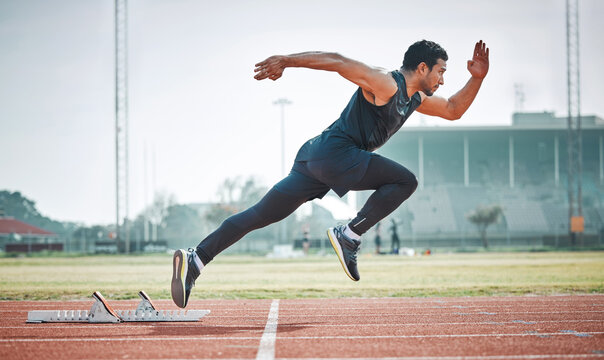

Best Ways to Stay Motivated in Sports and Training
- May 06, 2025
- Exercise
- By Super Admin


A winning mindset in sports is the foundation for consistent high performance, whether you're an aspiring athlete or a seasoned professional. Developing mental strength allows athletes to overcome challenges, stay motivated, and maintain focus even under intense pressure. In this article, we’ll explore practical strategies to build a competitive mindset, boost confidence, and improve performance, with reference from HSWF.Network, a platform dedicated to high-performance sports training and development.

Athletic performance doesn’t rely solely on physical ability. Mental resilience often separates great athletes from good ones. A winning mindset in sports helps players handle setbacks, recover from failure, and keep pushing toward their goals.
According to content published on HSWF.Network, top athletes consistently train their minds just as much as they train their bodies. This involves setting clear goals, maintaining self-discipline, and embracing a growth mindset—believing that skills and abilities can improve with effort and learning.
Developing athlete mental strength involves training your brain to respond positively to challenges. This includes handling pressure, staying composed in high-stakes situations, and bouncing back from mistakes. Here are key components to enhance athlete mental strength: Visualization Techniques Visualization is a powerful tool used in sports psychology. Athletes who imagine themselves succeeding in specific scenarios are more likely to perform well. Before a game or competition, take time to mentally rehearse your performance, including key plays, movements, and emotional control. Positive Self-Talk The way you talk to yourself affects how you perform. Replacing negative thoughts with empowering affirmations can increase confidence. For example, instead of saying, "I can’t miss this shot," say, "I’m fully prepared for this moment." Routine and Preparation Creating a consistent pre-game routine helps reinforce focus and calm nerves. It’s part of a broader mental toughness training strategy that helps athletes feel in control, regardless of external pressure. Embracing Failure Setbacks are inevitable in any sport. The key is to view them as opportunities to grow. Developing athlete mental strength means learning from losses without letting them define your self-worth or future potential.

Sports psychology focuses on how mental processes influence athletic performance. It supports athletes in setting goals, managing emotions, and building resilience. According to HSWF.Network, one of the core aspects of competitive mindset development is understanding your mental patterns and adjusting them for success.
Working with a sports psychologist or coach can help athletes identify mental blocks and implement routines that optimize focus. Techniques such as mindfulness, journaling, and breathing exercises are also beneficial.
To develop a competitive mindset, consider the following:
The resources and articles available on HSWF.Network provide a comprehensive guide for athletes at any level to begin this journey.
The winning mindset in sports is not just a nice-to-have—it’s essential for sustained success. By prioritizing athlete mental strength, you can overcome pressure, stay motivated, and perform consistently at your peak. Through techniques like visualization, positive self-talk, and strategic goal-setting, athletes can gain a powerful edge in competition.
For more expert insights on sports psychology, mental toughness training, and competitive mindset development, visit HSWF.Network—your trusted platform for high-performance athlete training.